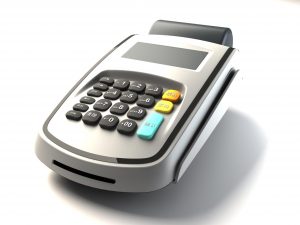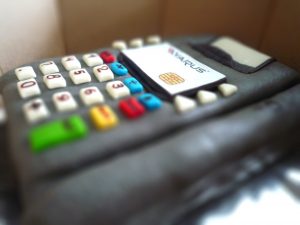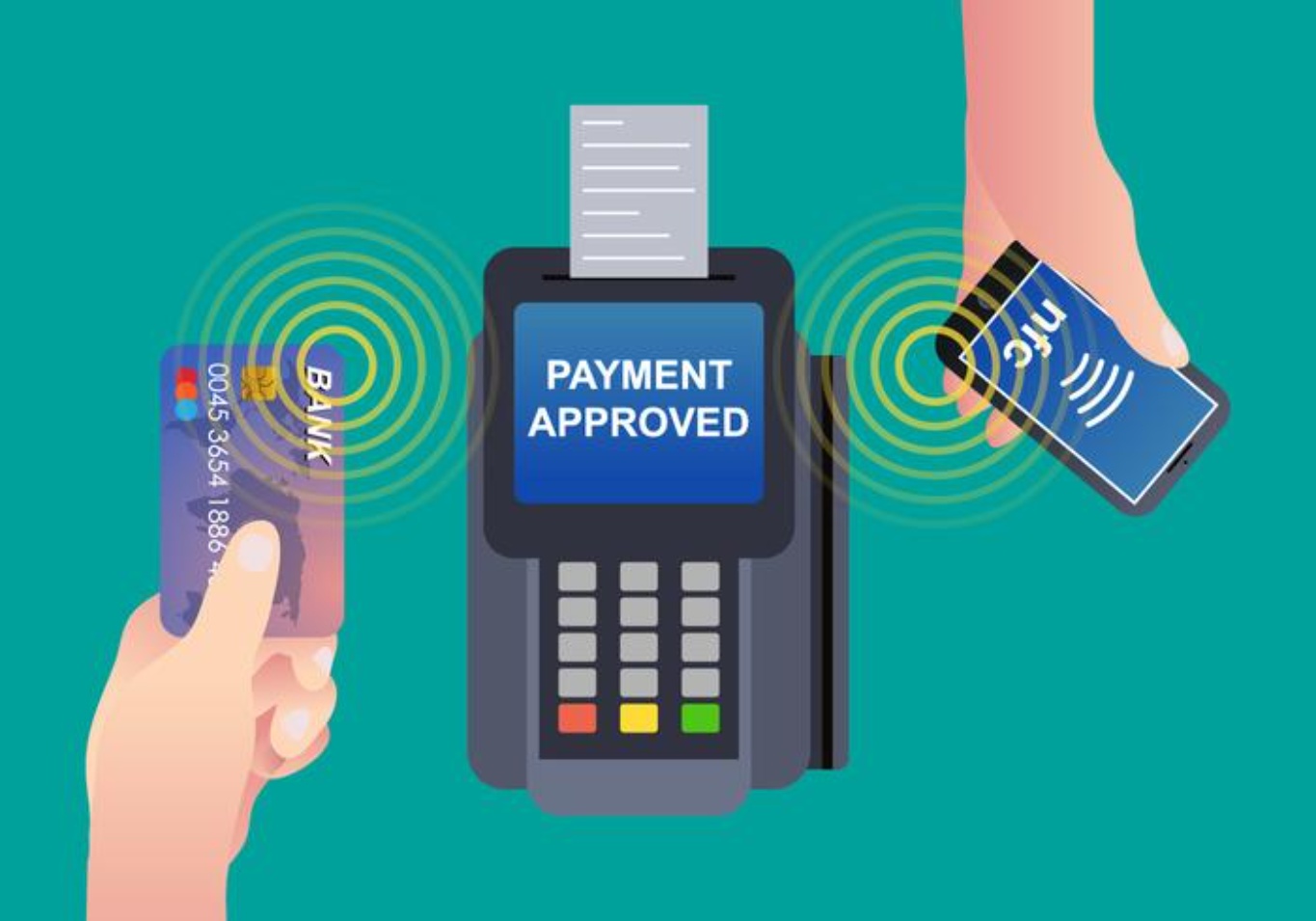last Updated on November 3, 2023
You’ve seen them in shops all over Nigeria – those magical machines that help businesses run smoother. They’re called Point of Sale (POS) systems, and they’re changing the game. With a POS system, businesses can take payments, keep tabs on what they’ve got in stock, know more about their customers, and see how much they’re making. These machines make everything easier and more profitable for businesses.
The full meaning of POS is Point of sale. It is a place where you can make a point of purchase. Customers can pay for goods or services and sales taxes can become payable.A place can become a point of sale with a POS machine.


What is the Full Meaning of POS in Nigeria?
Point of Sales are usually physical stores, with POS machines and systems used to process card payments or a virtual sales point such as a computer or mobile electronic device.
However, Cloud-based POS systems are also gaining traction.
A POS transaction can occur in person or online. Receipts can be generated either in print or electronically.
The POS in Nigeria trend continues to rise because POS systems are increasingly interactive for the majority of the underbanked and unbanked population in the country.
Read: How to Start an E-commerce Business in Nigeria
Understanding POS Systems


Points of sale (POS) is an important focus for physical businesses of all sizes because consumers tend to make purchasing decisions at these places.
While businesses set up POS near store exits, a more common theme at the moment is for retailers to set up POS locations at different points in a bid to increase the rate of impulse purchases as customers leave.
POS can affect customer behaviour by giving them more flexibility when making purchases. POS systems coupled with loyalty programs and payment can be combined for a more customer-centric experience
Checkout: How to Create a Free Online Store in Nigeria
Benefits of POS Systems
POS systems streamline part of the retail process by automating the payment/ transaction process while tracking sales data.
POS systems in Nigeria usually include a handheld device, its functionality can be increased by installing card readers and barcode scanners which can be used by businesses to track pricing accuracy, inventory changes, gross revenue, and sales patterns.
POS systems that monitor inventory and consumer buying trends can help businesses avoid customer service issues and also help with marketing to customers.
Cloud-based POS systems are slowly becoming popular in Nigeria, particularly for big retailers who track and process numerous purchases. Cloud-based systems have the ability to cut down upfront costs of implementing a POS system for many businesses.
Related Content
- Baxi POS Machine Charges & Price
- Cheapest POS Charges in Nigeria
- All POS Machine Prices in Nigeria
- How to get GTB POS Machine
- Moniepoint POS Machine Price & Charges
- OPay POS Machine Charges & Price
- Palmpay POS Machine Prices, Daily Target & Charges
- Nomba Kudi POS Price & Charges
- How to Start a POS Business in Nigeria


Leave a Reply